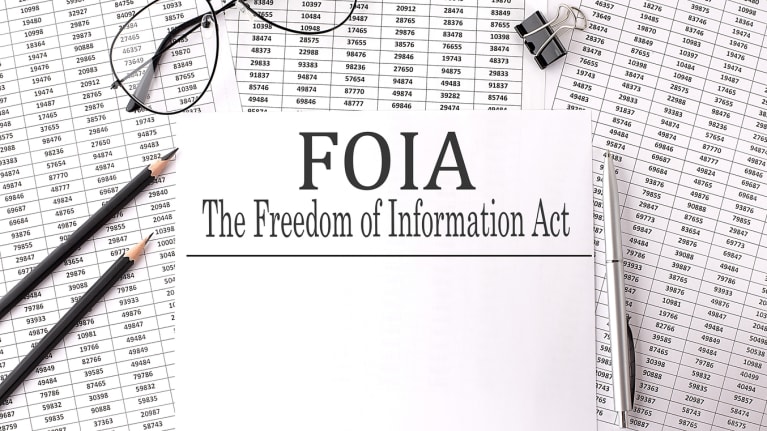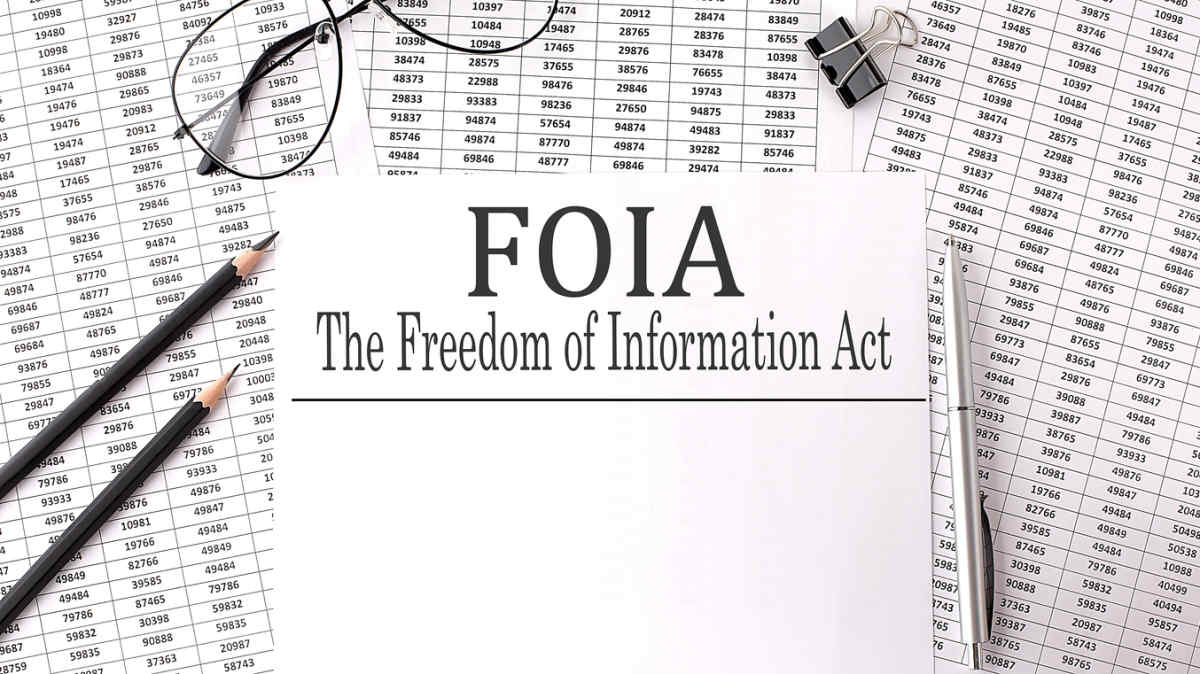

?On Feb. 14, the federal government announced that it was again extending the deadline for employers to file objections to the disclosure of their EEO-1 data in response to a Freedom of Information Act (FOIA) request from the Center for Investigative Reporting. The deadline for submitting objections is now March 3.
In August 2022, the Office of Federal Contract Compliance Programs (OFCCP) published a notice in the Federal Register, advising employers that in response to the FOIA request, the agency is planning to produce confidential information that is ordinarily protected from disclosure pursuant to a statutory exemption. To prevent their confidential EEO-1 data from being disclosed, employers must file written objections with the agency.
Although employers may object on any basis, OFCCP states that the objection must include an explanation as to why the contractor did not object in response to previous notices that OFCCP has issued, and why there is good cause for OFCCP to accept the objection at this point.
As Education and the Workforce Committee Chair Virginia Foxx stated in a letter to OFCCP’s director last week, it “appears that many employers were not aware of the pending FOIA request at OFCCP. The agency must do a much better job of informing federal contractors, especially smaller employers, about their rights and obligations. I am also aware that OFCCP has not provided information to all relevant employers about what data will be disclosed in response to the FOIA request. These employers could not determine whether to submit objections because they did not know what information OFCCP would turn over.”
In light of the recognized flaws in OFCCP’s process, employers should not see the obligation to show good cause as an obstacle to filing objections. Under the circumstances, explaining that the employer had not received timely actual notice from OFCCP should likely be accepted as sufficient cause for missing the earlier deadlines.
In addition, OFCCP appears to be requiring employers to include with their objections the organization’s EEO-1 unit numbers, even though some employers may not be able to access this information. Employers that are not able to locate their EEO-1 company or unit numbers should not be deterred from submitting objections, but should explain that they are not able to locate the number.
Next Steps
The full process for collecting and reviewing objections will now proceed as follows:
OFCCP says that it will post an updated list of non-objectors no later than Feb. 17. This updated list will remove contractors that OFCCP has identified as incorrectly included on the Feb. 2 list, including contractor responses submitted by Feb. 10. It will also remove all contractors that submitted objections after the publication of the Feb. 2 list until Feb. 10, while OFCCP evaluates these objections.
After the close of the response period on March 3, OFCCP says that it will publish a second updated list by March 10, which will remove contractors that submitted objections between Feb. 10 and March 3, while OFCCP evaluates these objections. Contractors will then have one final opportunity to contact OFCCP no later than March 17, if they believe their company was improperly listed.
Finally, OFCCP still appears to be focused on determining whether the requested EEO-1 data includes confidential trade secret, commercial, or financial information that should be withheld pursuant to FOIA exemption 4 only. As has been made clear to OFCCP through many filed objections, there are a number of reasons other than FOIA exemption 4 that require OFCCP to deny this FOIA request. It is unclear whether OFCCP is actively considering other exemptions. Employers with questions or concerns about this process should discuss their options with employment counsel.
David J. Goldstein is an attorney with Littler in Minneapolis. © 2023. All rights reserved. Reprinted with permission.

